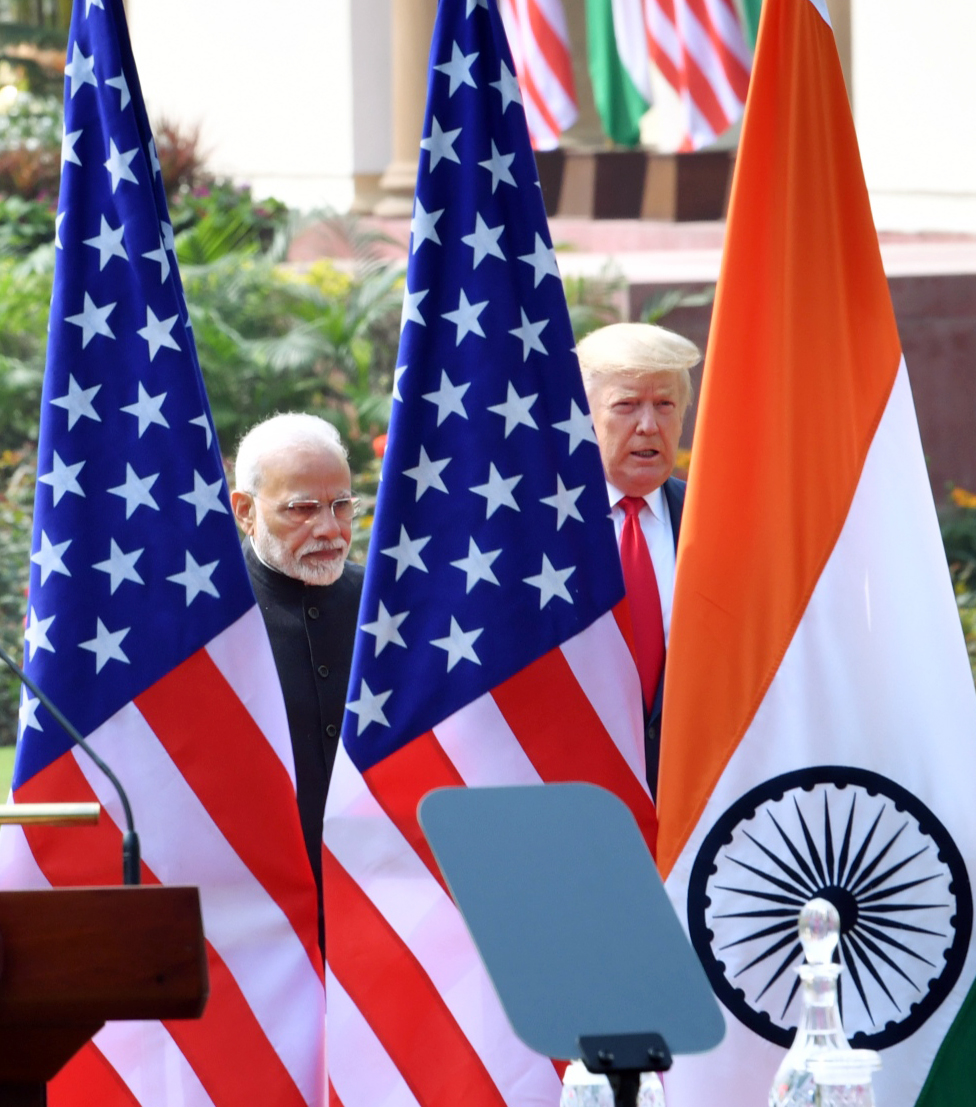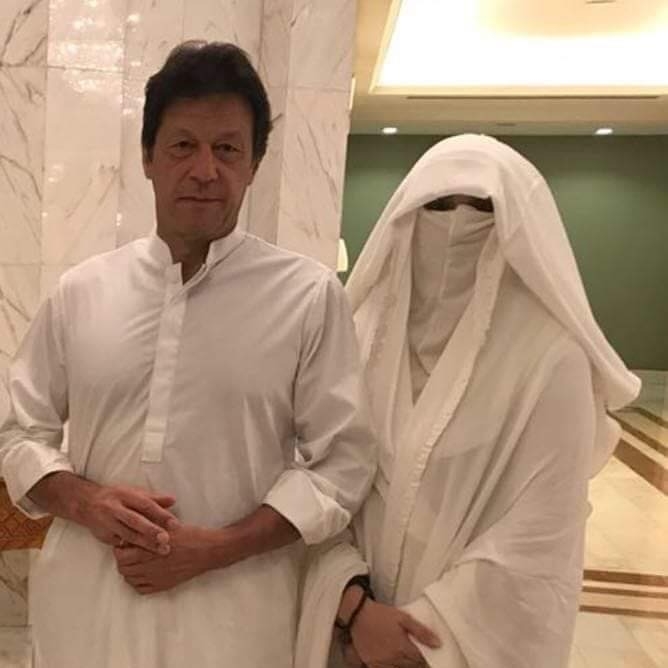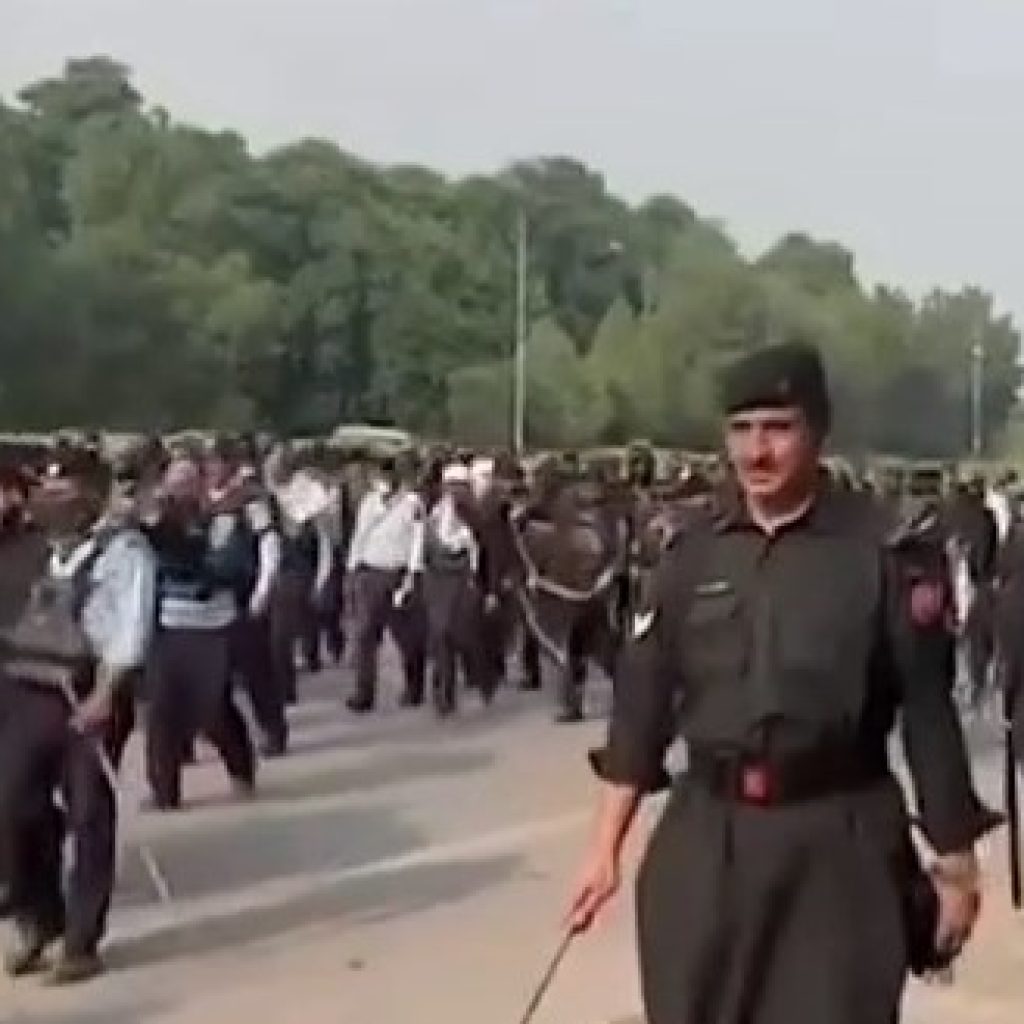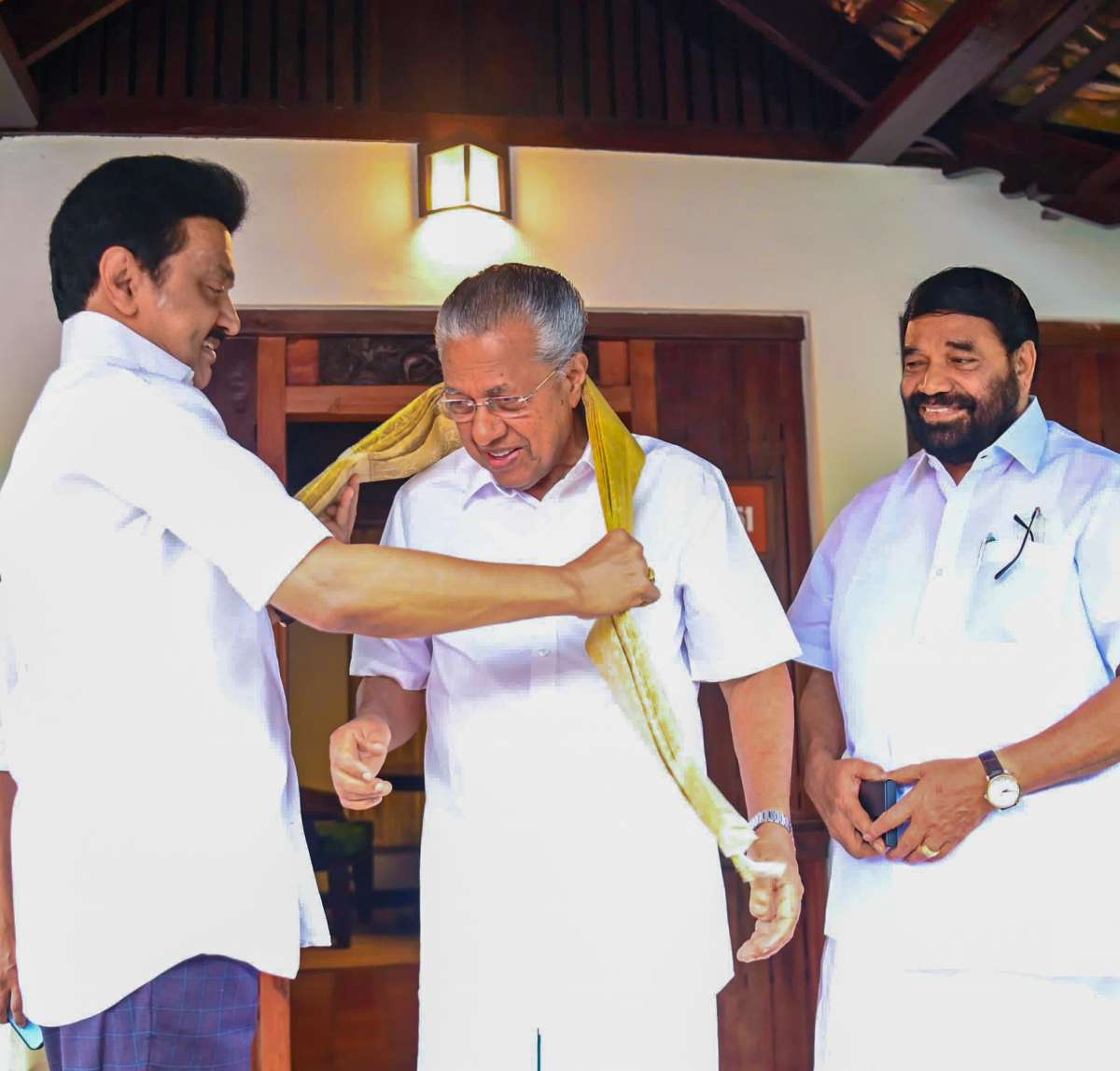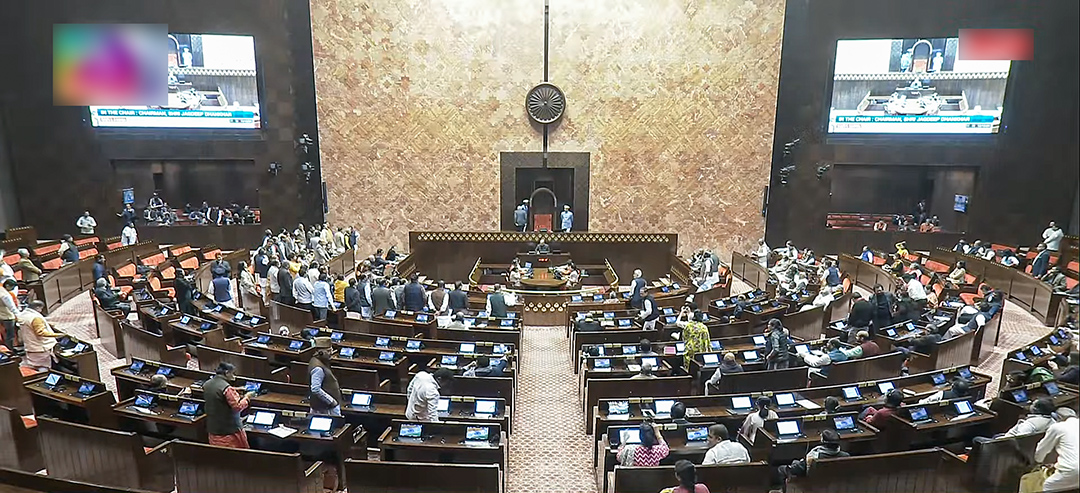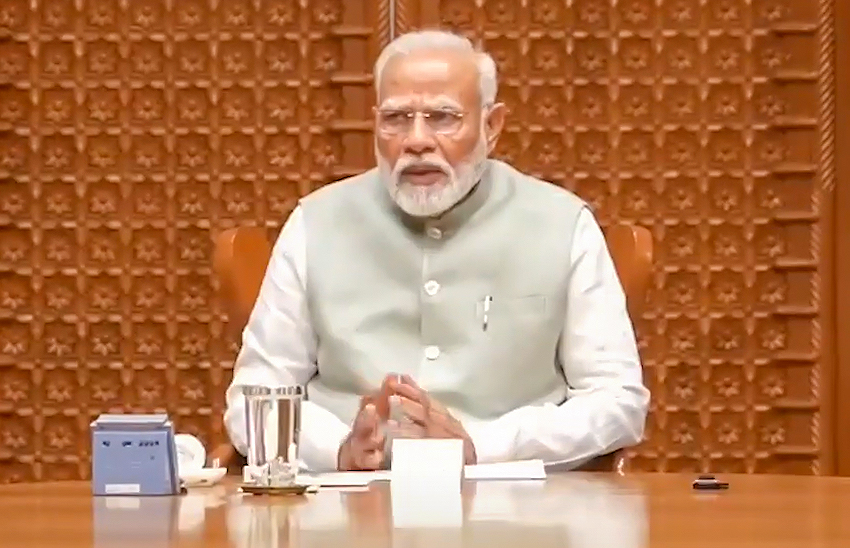BRICS states’ de-dollarisation efforts unlikely to beat the greenback’s continuing preference globally, writes Tridivesh Singh Maini
A few days before the 16th BRICS Summit got underway in Kazan in October, Russia, the organisers of this key conclave advised attendees to bring along US dollars and euros as Russian banks preferred these currencies to exchange rather than the ruble. At the meeting, the leaders representing the BRICS (Brazil, Russia, India, China and South Africa) nations discussed plans to reduce their dependence on the American dollar.
Though the US dollar’s dominance has eroded and there has been a global decline in the preference for the greenback in recent times, it remains – and will most likely continue to remain – “by far the most widely used currency by a number of metrics”.
The US dollar still accounts for 59 percent of the world’s central bank reserves, down from 72 percent after World War II. Even if the BRICS states aim to move away from the US dollar, it would take years, and the move would at best be partial.
The US government is not likely to allow such de-dollarisation without pushback. Upsetting the American government could mean retaliatory measures in the form of a freeze on a country’s dollar holdings.
US President-elect Donald Trump has warned the BRICS countries that if they attempt to replace the “mighty US dollar” they would face “100% tariffs and should expect to say goodbye to selling into the wonderful US economy.”
Trump’s declaration followed prompting by his advisers to take tough measures against countries seeking to blunt the dollar’s “supremacy” and undermine “US’ global leadership”.
The US dollar has been the world’s “reserve currency” for nearly a century. But now the BRICS’ challenge to the US dollar’s dominance stems from the group’s perceived “collective economic power”, especially when it accounts for 24 percent of the world’s GDP and 16 percent of global trade.
The BRICS Plus’ (expanded to include Egypt, Ethiopia, Iran and the United Arab Emirates) intent to dump the American dollar in their “bilateral transactions” and aim for a “more diversified monetary system” stems from the financial sanctions that the US has already imposed against Russia for its invasion of Ukraine and the so-called “weaponisation” of the dollar.
On its part, China has voiced its commitment, alongside Russia, to “jointly introduce” an alternative payments system independent of the US dollar-based SWIFT. The Chinese stand is backed up not only by its “large footprint” in international trade and investment but the renminbi’s usage in global transactions (especially with the Gulf Cooperation Council) shows that it could be the “primary challenger” to the US dollar.
Besides aiming to introduce other national and regional currencies as alternatives to the US dollar, BRICS states’ de-dollarisation intent also includes using digital currencies. Over a year ago, Brazil went a step further to propose that BRICS member states should create a common currency for trade and investment among each other.
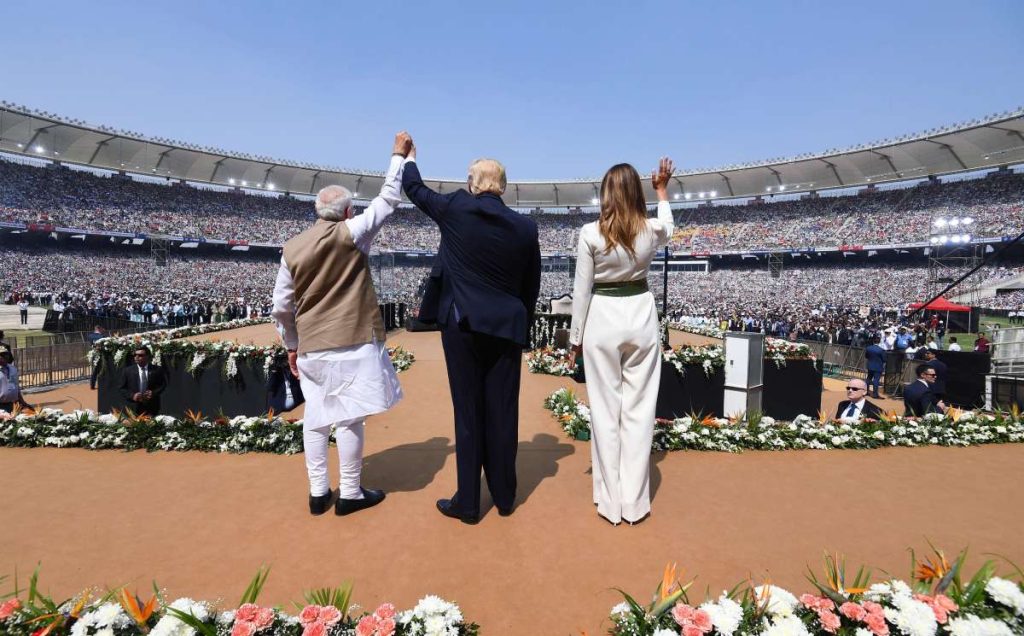
India’s cautious stand
While the Brazilian suggestion is not widely accepted among member states, India and the UAE, which share close ties with the US, are favourably disposed towards trading in their own currencies. India signed an agreement for trading in local currencies with the UAE in July 2023 and with Malaysia in April 2023. Later the same year, the Indian government declared it had signed agreements with 22 countries to facilitate transactions in domestic currencies.
India has, however, been cautious regarding a BRICS currency even as New Delhi and Moscow continue to trade in their respective currencies for oil. While speaking on the reform of international economic architecture and the need for an alternative economic order, policy makers have acknowledged the importance of the US dollar.
This was reflected in Reserve Bank of India Governor Shaktikanta Das’ declaration in January 2024 that the government was not “thinking to move towards de-dollarisation” and that the US dollar “will continue to be the dominant currency”. After Trump’s recent remarks, Foreign Minister S. Jaishankar has clarified that “India has never been for de-dollarisation, right now there is no proposal to have a BRICS currency”.
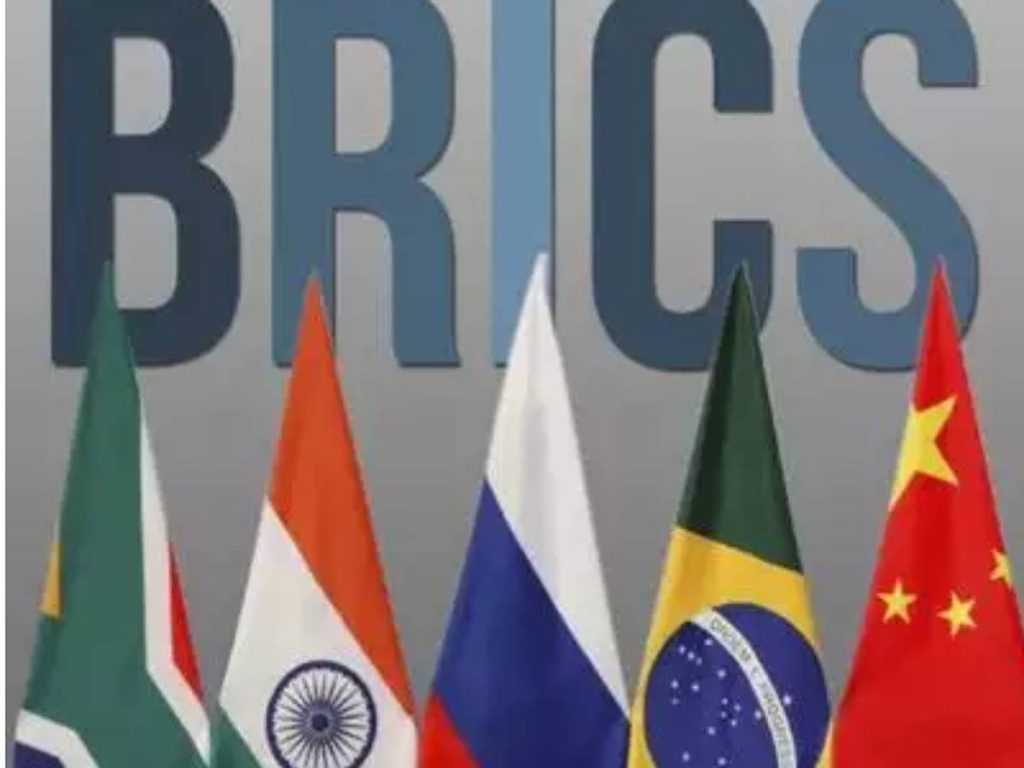
Dollar’s dominance
Over the last few years, the US’ geopolitical, geoeconomic and geostrategic dominance has been questioned, primarily by China and Russia. In this wider global context, it would, however, be a sobering reminder that most governments and large corporations continue to borrow heavily against the US dollar and 84 percent of global transactions are in greenbacks.
Expressing caution, Russian President Vladimir himself said that a common BRICS currency was a “long-term prospect” and that “it is not under consideration” even as the bloc would “study the possibility of expanding the use of national currencies and creation of instruments that would make such work safe”.
It is, therefore, difficult to gauge how determined the BRICS member states would be to achieve their aim even as analysts remain doubtful about the “feasibility” of implementing coordinated measures anytime soon.
This would suggest that it may yet take a long time before BRICS, as an emerging powerful bloc, will evolve and adopt a payment system that could be considered a serious alternative to SWIFT. The Kazan Declaration was “vague” on the BRICS cross-border payments initiative (BCBPI) which is aimed at “strengthening” banking networks among member states and enabling settlements in local currencies.
There are reports that bankers remain unconvinced by BRICS’ ability to evolve a technical support system for creating and continuing with a robust alternative to SWIFT. There are fears that corporations across some of the BRICS member states may be unable to make and receive payments with business partners outside this group’s ecosystem.
From the Indian perspective, the strategic relationship with the US is too important for Trump’s tariff threat to cloud the broader bilateral tie.
Trump himself will likely think twice before carrying out his threat as, in the event the American dollar becomes stronger, US exports will become costlier and less competitive across global markets. US consumers would also end up paying double for imported products and the tariffs would drive up costs for US companies that use imported components.
During his last presidency, Trump granted sanctions waivers for a few months to countries trading in oil with Tehran. Likewise, despite the US sanctions at that time, India’s Chabahar project was kept out of the ambit of punitive measures.
In his second term in office, he may adopt a similarly pragmatic approach.
The author is an Assistant Professor at the Jindal School for International Affairs, O.P. Jindal Global University, Sonipat, Haryana.
Originally published under Creative Commons by 360info™.
